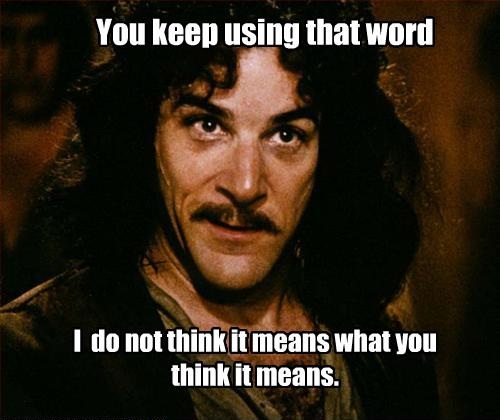Monopoly is one of those words that gets thrown around too loosely. The word monopoly means, “exclusive control by one group of the means of producing or selling a commodity or service.” So monopoly actually defines a condition that only exists under government interventionism. But the word, like so many other words, has been twisted by the State. Today monopoly implies any company that has become extremely large. Case in point, Google:
BRUSSELS — European Union lawmakers have overwhelmingly backed a motion urging antitrust regulators to break up Google. The non-binding resolution approved Thursday by the European Parliament is the strongest public signal yet of Europe’s concern with the growing power of U.S. tech giants. The resolution is a largely symbolic protest vote without immediate impact. But it was approved with a large majority — 384 votes to 174, with 56 abstentions — showing widespread political backing. Andreas Schwab, German conservative lawmaker and co-sponsor of the bill, said it was a political signal to the European Commission, which is tasked with ensuring a level playing field for business across the 28-country bloc. “Monopolies in whatever market have never been useful, neither for consumers nor for the companies,” he said. Google declined to comment.
Google isn’t a monopoly. In fact it’s not even close to being one. Every single product and service it provides is also provided by others. I’m proof of this since I use very few Google products or services. Most of my searching is done using DuckDuckGo. My e-mail is handled by my server sitting in my dwelling. My phone is manufactured by Apple and runs iOS. None of my laptops are Chromebooks.
The only Google services I really utilize are Google Maps and YouTube. I use Google Maps because I find the alternatives provided by Microsoft and Apple lackluster and choose YouTube because it has more content I’m looking for than Vimeo. But in both cases you’ll notice I mentioned competitors that exist.
If you want an actual example of a monopoly look up Ma Systems. Ma Bell was a company that enjoyed a government granted monopoly over telecommunications. But outside of government intervention in the marketplace you’re going to be hard pressed to find an actual monopoly so you may want to stop throwing that word around so willy nilly.
